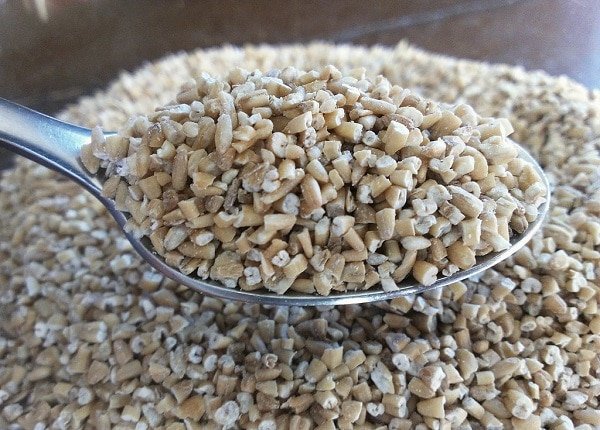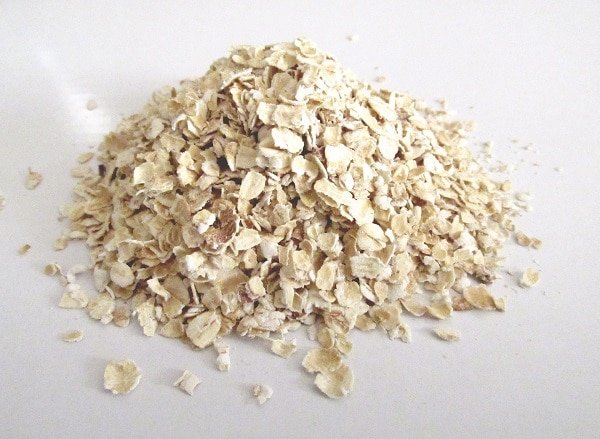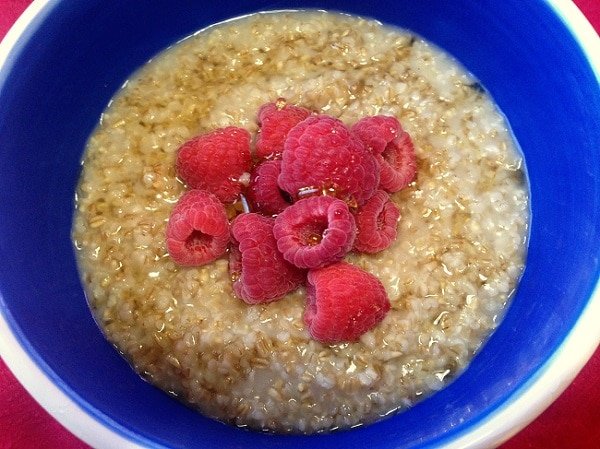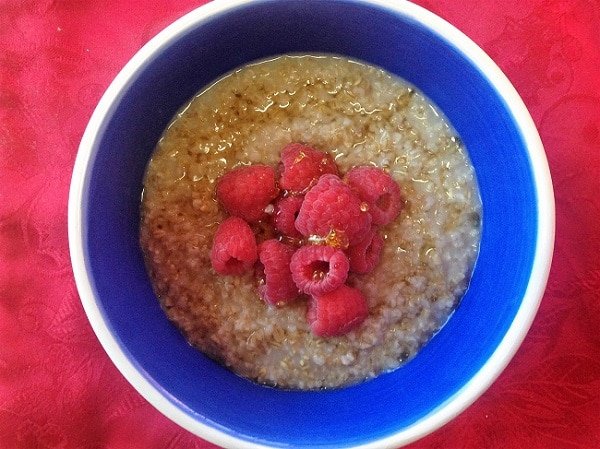
“Oats: A grain, which in England is generally given to horses,
but in Scotland appears to support the people.”
– Samuel Johnson, A Dictionary of the English Language
The phrase “Scottish food” immediately brings a number of tasty dishes to mind. But there is one thing that many of them have in common. Whether you are hungry for haggis or craving cranachan, it is likely that you will encounter, in one form or another, the humble oat.
Despite the belief by Samuel Johnson and his contemporaries that oats were little more than horse feed, for centuries they have provided the backbone of nutrition north of the border. And, since oats are now widely regarded as a superfood, it seems the Scots were right all along.

The oat was first cultivated in parts of Asia and Europe some 2,000 years BC. The crop eventually made its way to Scotland where by the Middle Ages, it was produced in much greater quantities than corn. Along with barley, oats were the only grain that could be grown relatively easily in the harsh Highland environment. As a result, many traditional Scottish dishes developed around them. In the 14th century, a visiting Frenchman remarked that it was common for Scottish soldiers to carry a bag of oats with them so that they could make their own oatcakes.

A glance at the supermarket shelf and you will find oats in a variety of forms. The whole, unprocessed oat is known as a groat. Then, we have the pinhead or steelcut oats, which are groats that have been cut or crushed into two or three smaller parts. These are commonly used in traditional porridge and require a fairly lengthy cooking time to soften them. Rolled oats are groats which have been steamed and rolled. These are softer and therefore suitable for baking. However you eat your oats, they are an excellent source of dietary fibre. They have also been found to lower bad cholesterol and reduce blood sugar spikes.
“That’s why England has such good horses, and Scotland has such fine men!”
– A Scotsman’s response to Johnson.
Porridge
Porridge has long been, and continues to be, the breakfast of choice for many Scots. Traditionally made with oats and water, some now prefer to use milk or a combination of the two liquids. And while the purists insist that it be served only with a pinch of salt, we prefer ours with a drizzle of honey and some fresh Scottish raspberries.

The type of oats you use will determine the required cooking time and resulting texture of your porridge. The recipe below uses coarser pinhead or steelcut oats.
16 fl oz water or milk
5.5 oz pinhead oats
Bring the liquid to a boil and stir in the oats. Allow to simmer for 30 minutes or so, stirring occasionally, until the porridge has thickened. (Remember: rolled or instant oatmeal will cook MUCH more quickly.)
Serve with salt, cream, honey and fruit, or the toppings of your choice for a nutritious and thoroughly Scottish breakfast.



